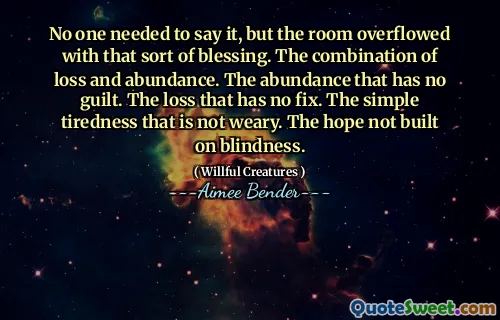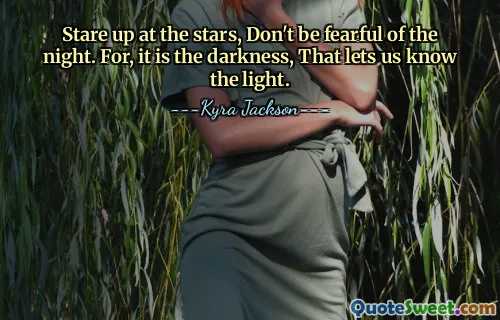
I know you all, and will awhile uphold the unyoked humour of your idleness . . .
This quote vividly captures the complex dynamics of social harmony and individual idleness. The speaker appears to recognize and understand the collective nature of a group's behavior and perhaps the tendency for people to indulge in leisurely or carefree moments, free from burdens or responsibilities—what the phrase 'unyoked humour' suggests. It evokes a scene where idle moments are cherished, possibly offering a respite from the routines of life, yet simultaneously hinting at a fleeting or superficial enjoyment that doesn't necessarily lead to productive outcomes. The phrase 'will awhile uphold' indicates a temporary acceptance or support for this levity, implying a point of grace or patience with leisure, but also perhaps a subtle warning about complacency. Such reflections remain relevant today—many societies value the balance between work and leisure, recognizing that unwinding and socializing are vital for well-being but must be managed wisely. It invites the reader to consider the acceptability and consequences of sustained idleness and the ways in which community or individuals find joy and humor in moments of leisure. Moreover, this quote encourages a contemplative stance on human behavior—highlighting the importance of understanding and respecting the different phases of activity and repose, both in oneself and others. In a broader sense, it underscores the importance of temperance and awareness in enjoying life's lighter moments without falling into complacency or neglecting responsibility, presenting a nuanced view of human nature that celebrates both work and leisure in harmony.











